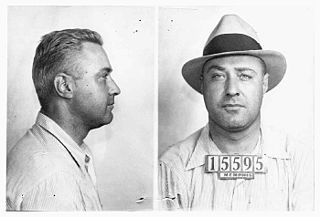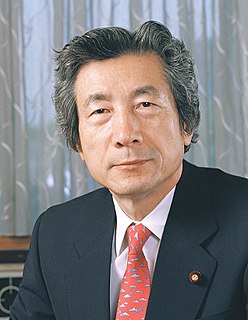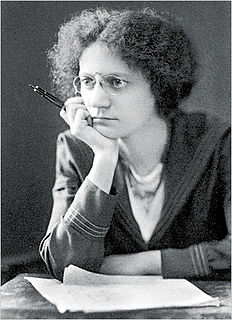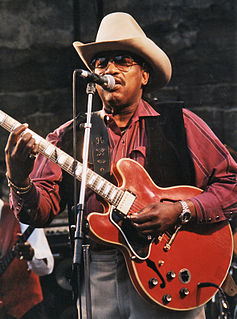A Quote by W. Somerset Maugham
It is not for nothing that artists have called their works the children of their brains and likened the pains of production to the pains of childbirth.
Quote Topics
Related Quotes
I have taken as much as six years to prepare a book for writing. There is such a delirium of effort in the production of a book; it's like childbirth. And, like childbirth, one forgets the pains immediately so that when you come to write another one you dare to take it up again. Some precious anesthesia sees you through.
I get emails from students at programs all over the country who want to transfer to Iowa, and in most cases their frustrations have absolutely nothing to do with the programs they're attending. They have to do with the growing pains that they're undergoing as writers and with the growing pains that our own genre is constantly undergoing.
Kripke says that physicalists like me can't explain the 'apparent contingency' of mind-brain identities. He maintains that, if I really believed that pains are C-fibres, then I ought no longer to have any room for the thought that 'they' might come apart. His argument is that, since pains aren't identified via some contingent description, but in terms of how they feel, I have no good way of constructing a possible world, so to speak, where C-fibres are present yet pains absent.
For the creation was subjected to frustration, not by its own choice, but by the will of the one who subjected it, in hope that the creation itself will be liberated from its bondage to decay and brought into the glorious freedom of the children of God. We know that the whole creation has been groaning as in the pains of childbirth right up to the present time.






































